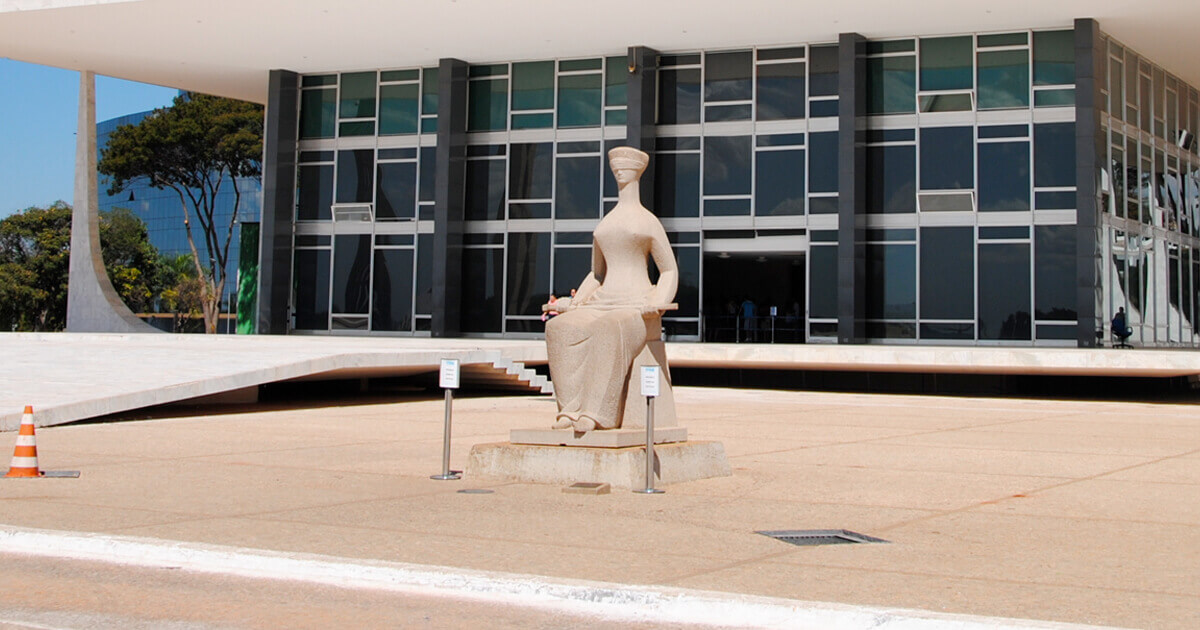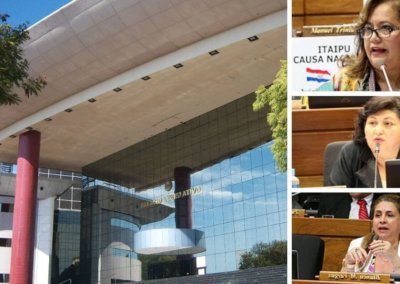Brazil’s highest court has rejected an attempt to legalise abortions on unborn babies who may have disabilities.
Currently, unborn babies in Brazil are protected from abortion in most circumstances. Previous supreme court ruling have declared that abortion is “non-punishable crime” in cases of rape, where there’s a proven risk to life of the mother and, as of 2012, babies diagnosed with anencephaly.
A legal challenge, brought by the National Association of Public Defenders, had sought to introduce terminations for expectant mothers diagnosed with the Zika virus through the court.
However, a majority of judges at Brazil’s Supreme Federal Tribunal voted last month to reject the challenge.
In 2016, the outbreak of the Zika virus raised concerns across the world because of a potential link to a condition in newborn babies.
At the time, Brazil and several other countries across South America reported an increase in the number of babies born with microcephaly, a condition which results in a baby’s head being smaller than expected when compared to babies of the same sex and age.
The National Association of Public Defenders (ANADEP) saw an opportunity to permit abortions for women who had been diagnosed with the Zika virus.
According to Catholic News Agency, pro-life campaigners in Brazil expressed concerns that the group were hoping to chip away at the country’s long-established legal protections for unborn children.
Additionally, Raphael Câmara, an obstetrician at the Federal University of Rio de Janeiro, noted that “recent studies show that foetuses of infected mothers are affected only 5 to 14% of the time, with the majority having mild problems, as shown by research from the Centers for Disease Control and Prevention.”
He also revealed that “a study recently released by the CDC showed that 73% of Brazilian labs have a low accuracy rate for diagnosing the Zika virus, so the request is meaningless because we cannot talk about someone ‘infected with Zika’, but rather ‘maybe infected by Zika.’”
Ahead of the Supreme Court ruling, pro-life groups in Brazil had spoken out against efforts to expand abortion in the country.
A CitizenGo petition against the legal challenge gathered over 184,000 supporters.
A poll conducted by the Datafolha Institute, in 2016, found 58% of Brazilians would not allow abortion in cases where pregnant women are infected with the Zika virus.
Brazilians also rejected abortions in cases where the unborn baby is diagnosed with microcephaly, with 51 percent opposed and 39 percent in favour, according to the poll.











